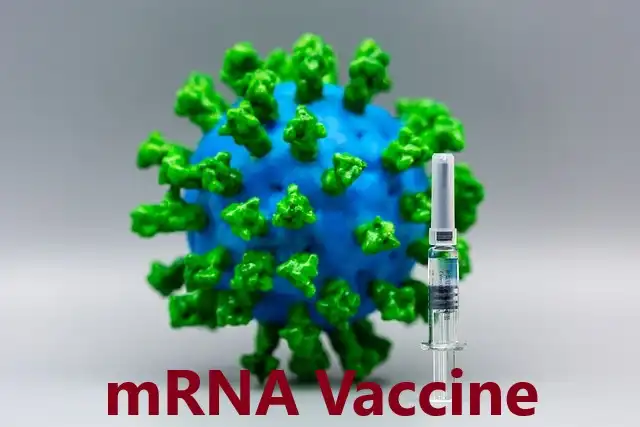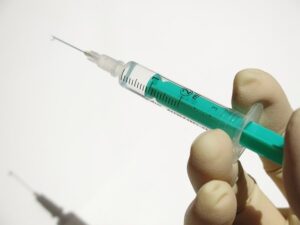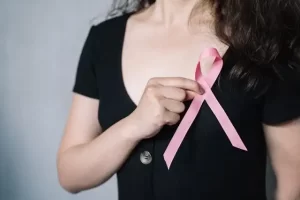Dispute Intensifies: Moderna Achieves Partial Victory in mRNA Patent Battle with BioNTech and Pfizer
- Lamivudine Resistance May Persist for Years in People with HIV
- World Most Expensive Drug Sets New Record: $4.25 Million Per Dose
- Parasite Found in Sea Urchin’s Mouth: Still Safe to Eat?
- Breast Cancer Exploits Neural Signaling Pathways to Bypass Blood-Brain Barrier and Invade the Brain
- Dispute Intensifies: Moderna Achieves Partial Victory in mRNA Patent Battle with BioNTech and Pfizer
- Harvard Study Finds Semaglutide May Increase Risk of Blindness
Dispute Intensifies: Moderna Achieves Partial Victory in mRNA Patent Battle with BioNTech and Pfizer
- Chinese-made Drug Enters Australia: Causing at Least 20 Deaths!
- How serious is Japan’s “flesh-eating bacteria” problem?
- Taiwan 6th wave of COVID outbreak: 623 confirmed cases in one week and 38 deaths
- FDA has mandated a top-level black box warning for all marketed CAR-T therapies
- Can people with high blood pressure eat peanuts?
- What is the difference between dopamine and dobutamine?
- How long can the patient live after heart stent surgery?
Dispute Intensifies: Moderna Achieves Partial Victory in mRNA Patent Battle with BioNTech and Pfizer
On July 2, 2024, the London High Court ruled that Pfizer and BioNTech’s Covid-19 vaccine infringed on a patent, EP949, filed by Moderna in 2011, which covers mRNA technology with specific RNA modifications. This decision marks a partial victory for Moderna in its ongoing Covid-19 vaccine patent litigation against Pfizer and BioNTech in the US, UK, Ireland, Germany, Belgium, and the Netherlands.
The court also found that Moderna’s pledge not to enforce its intellectual property during the pandemic was “at most, a temporary restraint,” and that the company had “effectively withdrawn” this pledge on March 8, 2022. This means that from the date of withdrawal, Moderna may be entitled to compensation for the sale of Pfizer and BioNTech’s Covid-19 vaccine in the UK.
However, according to a statement from the European Patent Office, the London court also declared Moderna’s patent EP565, which covers “respiratory virus vaccines,” including MERS and SARS, invalid. The European Patent Office had also revoked EP565 in a decision late last year. This ruling effectively upheld Pfizer and BioNTech’s rights to use similar innovations.

Related News: BioNTech and Pfizer Triumph! European Patent Office Declares Moderna’s mRNA Patent Invalid
The London High Court’s ruling on the 2011 patent aligns with recent decisions by the European Patent Office but conflicts with a separate ruling in the Netherlands, indicating differing conclusions across jurisdictions. The UK is the first country to rule on the validity of Moderna’s pledge not to enforce its patents.
All three companies expressed disagreement with aspects of the ruling. Pfizer and BioNTech stated they would appeal, while Moderna said it would consider an appeal.
Specifically, BioNTech reiterated in a statement to Endpoints News on Tuesday that “these patents are all invalid,” and noted that it and Pfizer would seek to appeal the decision on EP949. A BioNTech spokesperson said, “Regardless of the outcome of this legal matter, we will continue to produce and supply the Pfizer-BioNTech Covid-19 vaccine according to our agreement and established supply schedule.”
Moderna stated on Tuesday that it was “pleased” with the London court’s decision to uphold EP949. This patent had previously been declared invalid by a Dutch court last December, a decision that applied only to the Netherlands. However, Moderna added that it disagreed with “certain other aspects of the decision and will consider addressing these issues on appeal.”
In the US, a federal judge in Massachusetts recently paused Moderna’s lawsuit against Pfizer and BioNTech, pending a review by the US Patent and Trademark Office of the two patents in dispute.
Moderna, Pfizer, and BioNTech have been the major corporate winners during the pandemic, with their vaccines being the most widely used globally. They were also among the first mRNA technology-based vaccines to be marketed. In 2023, Moderna’s Covid-19 vaccine Spikevax had sales of $6.7 billion, while Pfizer’s Comirnaty had sales of $11.2 billion. Given the significant interests involved, the patent battle is expected to continue.
Dispute Intensifies: Moderna Achieves Partial Victory in mRNA Patent Battle with BioNTech and Pfizer
References:
[1]London court upholds Moderna patent in vaccine dispute with Pfizer, but invalidates another.July 2, 2024 02:30 PM EDT.Nicole DeFeudis.
[2]Moderna secures partial victory in Covid vaccine legal fight.The Financial Times.July 2, 2024.
(source:internet, reference only)
Disclaimer of medicaltrend.org
Important Note: The information provided is for informational purposes only and should not be considered as medical advice.



